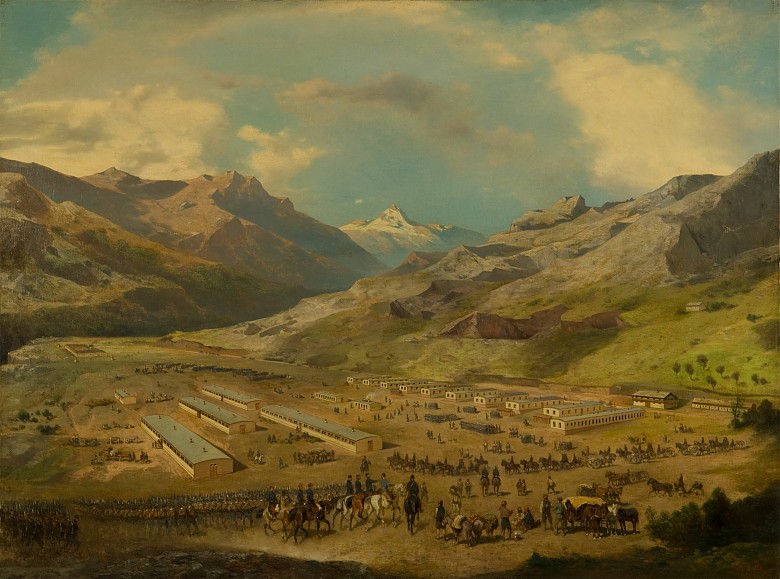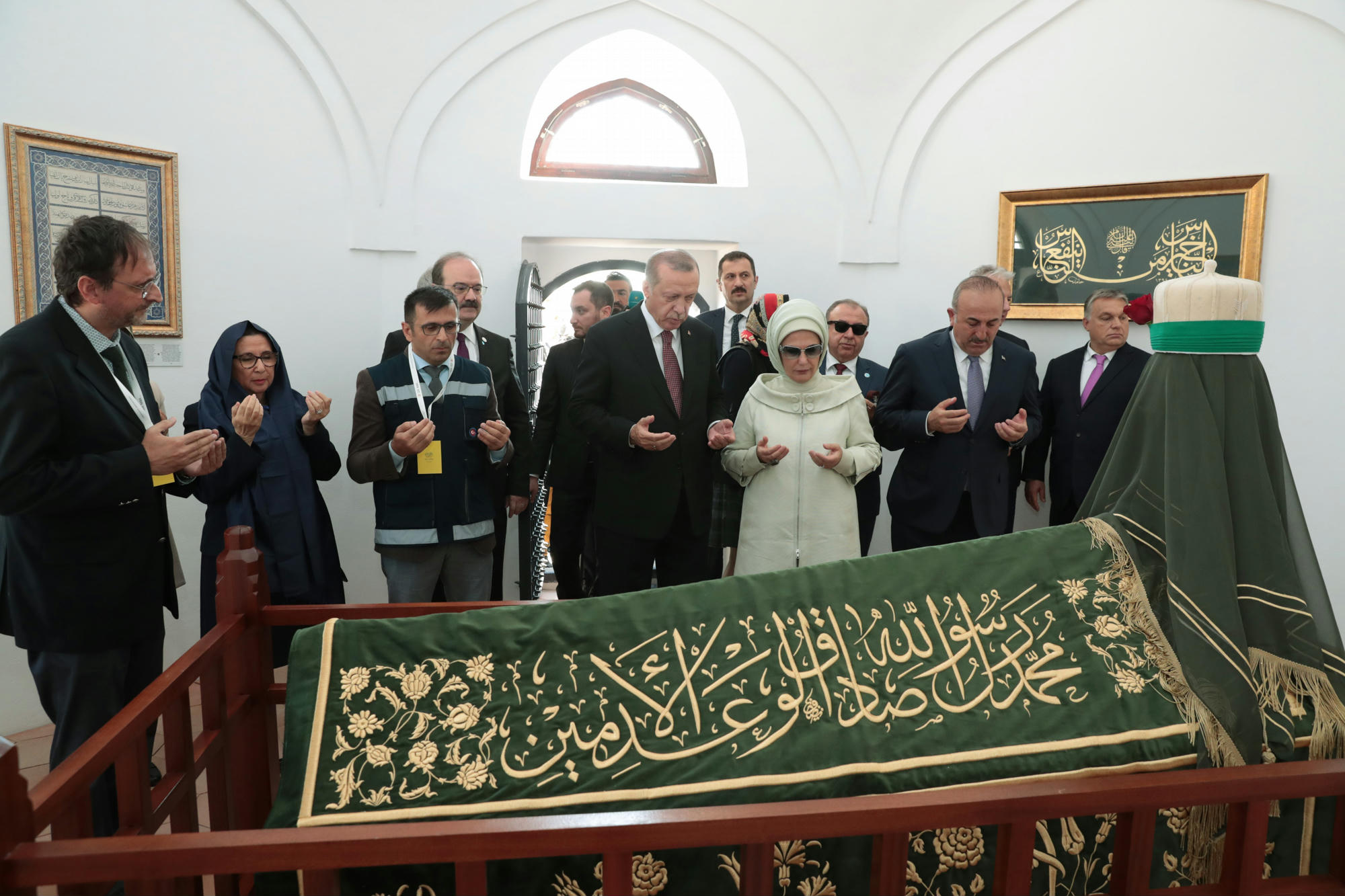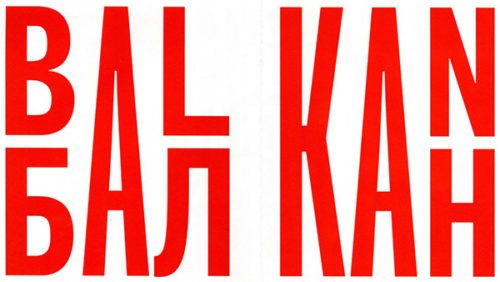
Heeresgeschichtliches Museum, Museum of Military History
In postcolonial studies, Eastern Europe’s colonial experiences and ambitions have been routinely silenced in the literature’s focus on (post)colonial centres and peripheries. The region remains largely absent from mainstream textbooks, which is indicative not only of Western academics’ ignorance and knowledge imperialism, but also of Eastern European authors’ relative neglect or inability to contribute. In Hungarian history, the country has been routinely positioned as colonized victim without any significant colonizer role in global history. Recently, this argument has been forcefully taken up by the (far) right-wing government’s political discourse, which has mobilized decolonial arguments to critique “Western imperialists”, while nationalism has sparked nostalgia towards Hungarian imperial “high times” and reignited racism towards the global periphery.
In postcolonial literature on Eastern Europe, the relationship between the Austro-Hungarian Monarchy and the Balkans is a relatively well-developed context. Nevertheless, Austria’s participation in global colonialism has been recurrently denied by expanding on the country’s neutral role during and after WWII, which was opportunistically used to develop good relations with the Non-Aligned Movement. In addition, the recent focus on Austrian colonialism has left Hungarian colonial activities and ambitions as part of the Empire unexplored. During the socialist era, the narrative of Habsburg colonialism – following anti-German sentiment – was used to position Hungary as part of the colonized world during Afro-Asian decolonization, but Hungarian historical participation in colonialist and imperialist projects, such as towards the Balkans, have been simultaneously de-emphasized. These silences still produce huge biases in current Hungarian attitudes, politics, and historical memory. In recent years, Hungarian scholars have been producing detailed accounts of the imperialist ambitions of the Hungarian Kingdom towards the Balkans, but only in Hungarian (or perhaps German), and these remained rather descriptive and unreflective of postcolonial epistemology or global structural analysis.
This paper interprets Hungarian Balkanism in a global historical and world-systemic perspective as part of global colonialism. It argues that the literature’s uneasiness of applying postcolonialism to the region relies on a false fixation on the hegemonic Western-Atlantic concept of global colonial history, which may be resolved by acknowledging the transnational nature of colonialism and examining Eastern Europe’s in-between semiperipheral position in the capitalist world-system and in global colonial history. The paper aims to critique the constructivist and relational postcolonial epistemology of Balkanism (varieties of Orientalism), and the various Eastern European typologies (“continental”, “internal”, “semi-“, “small” imperialism/colonialism) and geographical biases in postcolonial studies, to look at how Hungarian colonialism towards the Balkans from the mid-19th century served in world-systemic linking-delinking strategies, and in relieving structural dependencies. Finally, it looks at the discursive continuities of Balkanism as a form of semiperipheral imperialism: how the government’s nationalist identity politics and global maneuvering (“Eastern Opening”) affected Hungarian Balkanists’ public nostalgia for the imperial “boom era” and their contested relations to Islam.


Department of Politics Faculty of Media and Communications (FMK) Belgrade – Belgrade, 3 April 2020
See a previous version of this project here.
© Copyright – Content is protected by copyright!
Citation:
Ginelli Z. (2020): Semiperipheral Empire: Hungarian Balkanism in Global Colonialism. Critical Geographies Blog, 2020.02.29. Link: /2020/02/29/semiperipheral-empire-hungarian-balkanism-in-global-colonialism
